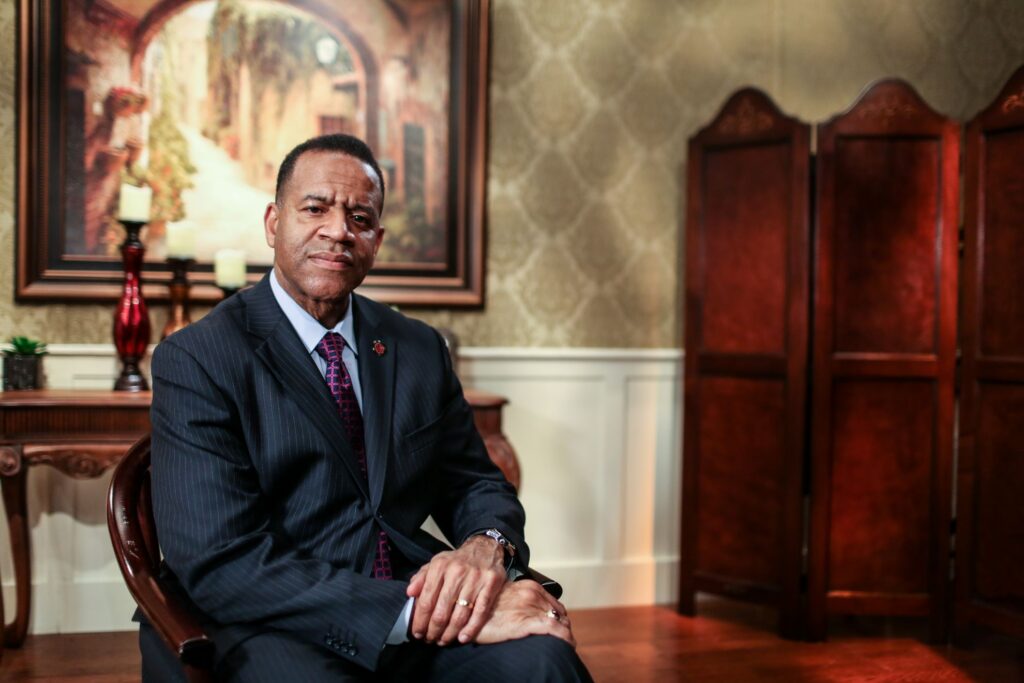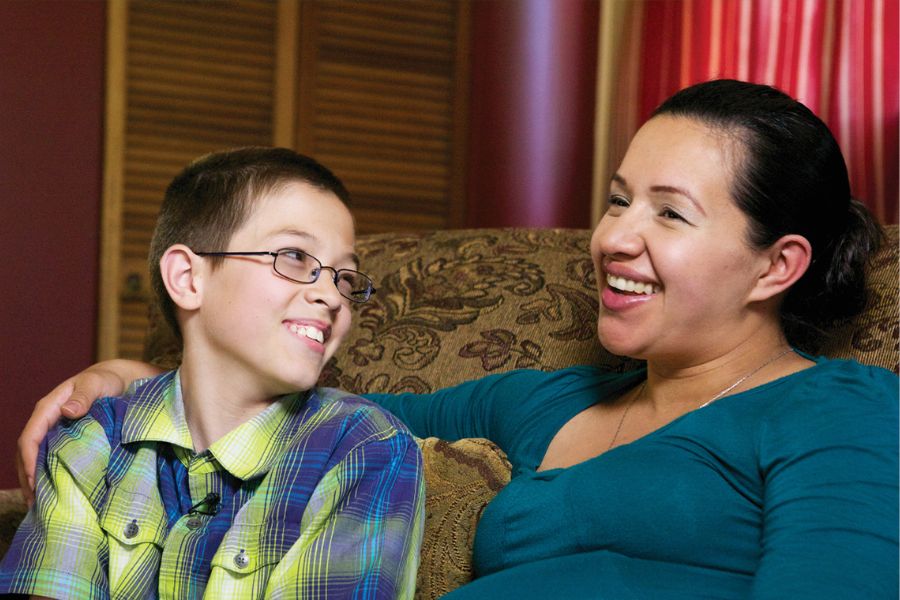
Want to get through college cheaper and faster?
That’s a no-brainer for many high school students and their parents, especially with the rising cost of college tuition. And that’s exactly why Vermont’s Dual Enrollment Program exists. It allows high school students to take free college courses and receive both high school and college credit.
But not all students were welcome to participate in this program—at least not if they attended a private religious school.
That’s why some families decided to take action and filed a lawsuit against the state. And, thankfully, the U.S. Court of Appeals for the 2nd Circuit halted the unfair treatment of students at religious schools.
Who wanted to use Vermont’s Dual Enrollment Program at religious schools?
Alliance Defending Freedom (ADF) filed a lawsuit on behalf of three students, their parents, and the Roman Catholic Diocese of Burlington in Vermont.
A.M. v. French
Vermont established its Dual Enrollment Program in 2013 to “promote opportunities for Vermont students to achieve postsecondary readiness through high-quality educational experiences that acknowledge individual goals, learning styles, and abilities.” The program provides public funding for eligible juniors and seniors in high school to dual-enroll in up to two courses at approved Vermont colleges. This allows them to explore subjects they might be interested in pursuing in college and even to get ahead in their college course work.
In certain districts, high school students in public schools, secular private schools, and home school can participate in Vermont’s Dual Enrollment Program. But students at religious private schools are excluded. That means a student from a secular private school and a student from a religious private school could dual-enroll in the exact same college course, but only the secular private school student could be eligible to receive public funding for that course.
Does that sound fair to you?
What’s at stake?
The government can’t treat people of faith as second-class citizens and exclude them from generally available public benefits. When the government allows secular private school students to participate in the Dual Enrollment Program but excludes religious private school students, it discriminates against religion. Students who attend a religious school should be allowed to participate in the Dual Enrollment Program on the same terms as everyone else. Anything less is unconstitutional.
As the Supreme Court said in Trinity Lutheran Church of Columbia v. Comer, such discrimination on the part of the state is “odious to our Constitution … and cannot stand.”
Case timeline
- January 2019: ADF filed a lawsuit against the state of Vermont.
- May 2019: The U.S. Department of Justice filed a statement of interest in the case, supporting the principle that students should have every opportunity to pursue their educational goals—even if they attend religious private schools.
- August 2020: The U.S. Court of Appeals for the 2nd Circuit granted an emergency motion for preliminary injunction, halting Vermont’s discrimination against students who attend religious schools while the case continued. The 2nd Circuit relied on the U.S. Supreme Court’s decision in Espinoza v. Montana Department of Revenue, which said that states cannot discriminate in a scholarship programs just because families choose religious schools.
- January 2021: The 2nd Circuit reversed the district court’s decision and granted the preliminary injunction in this case, stopping Vermont officials from excluding religious-school students from the state’s Dual Enrollment Program.
The bottom line
Students should have every opportunity to pursue their educational goals regardless of whether their education takes place at a religious school.




